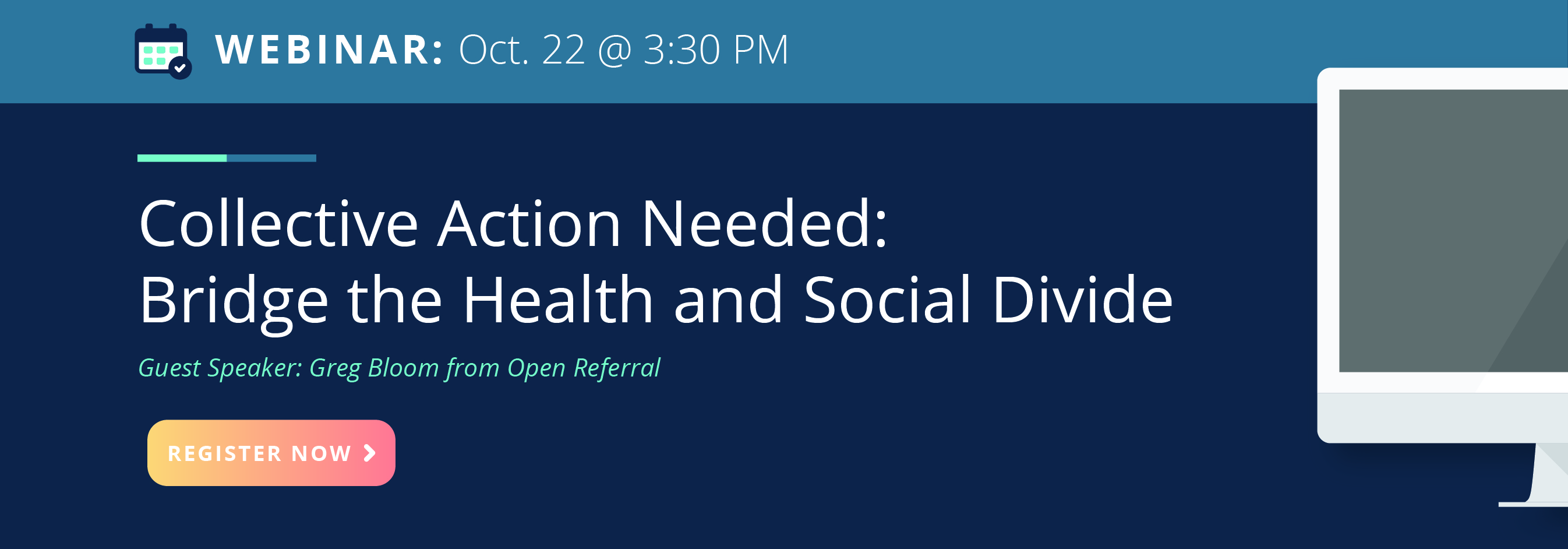Communities across the country are updating their resource directories and adopting technologies to support referral management across healthcare and social services. This is a positive step forward for efforts to address the social determinants of health, but as with every technological advance, there are some unintended consequences.
We hear from communities across the country that the referral management process is just one component of a much larger SDOH care initiative in their regions. It is mission-critical to be able to refer patients from the healthcare setting to a social services agency or community-based organization, but this is just one small step in the process of delivering truly whole-person care. SDOH care coordination platforms such as ACT.md’s CareHub™ offers a solution that goes far beyond just referral management.
We have now arrived at a turning point in the era of SDOH care. Technology platforms that convene communities and service providers across the continuum of health and social care are valuable because they facilitate care for the whole person and allow for a cohesive understanding of patient health. In this context, the definition of referral management needs to be redefined to incorporate the full scope of SDOH care that enables communities to address SDOH, close the loop for individual patients, and ultimately break the cycle of vulnerability that exacerbates the impact of SDOH on health outcomes.
Here are three essential ways that community resource referral management helps organizations succeed in the era of SDOH care, and who benefits from this approach.
Support and encourage communication between providers
Primary care offices, specialists, and social services providers alike need to share a clear understanding of patient health status, which leads to more comprehensive, proactive care. Shared care plans must be rooted in patient goals; communication should be happening in the context of the work that needs to get done - not in random messages.
Improve ROI for all participants - including the patient
By implementing referrals with help from a SDOH care coordination platform like ACT.md, all participants stand to gain benefits that matter most to them. Health systems see improvements in efficiency, payers see reduced utilization, and patients achieve better health outcomes along with more engagement from their entire care team.
Integrate systems across health and social sectors
Technical integrations across healthcare and social services allow for seamless coordination around all of a patient’s physical, behavioral, and social needs, which creates comprehensive care for all. The ability to integrate with systems such as housing, justice, or HIEs, ultimately allows for higher quality analytics that can cater to the measurable and trackable metrics that all stakeholders need.
